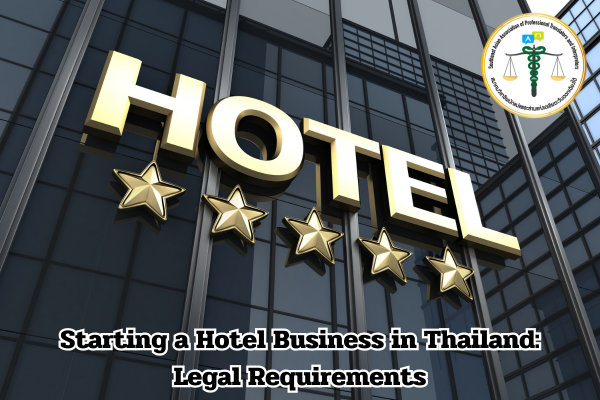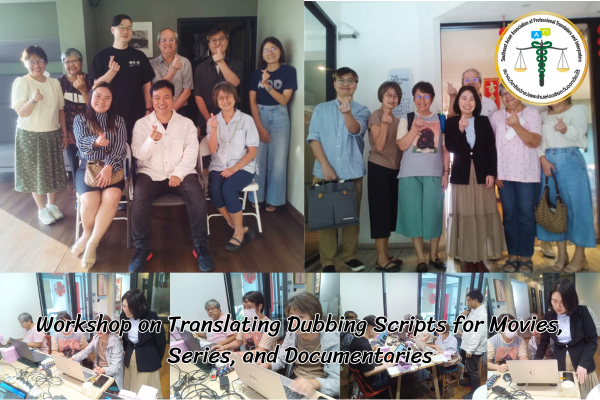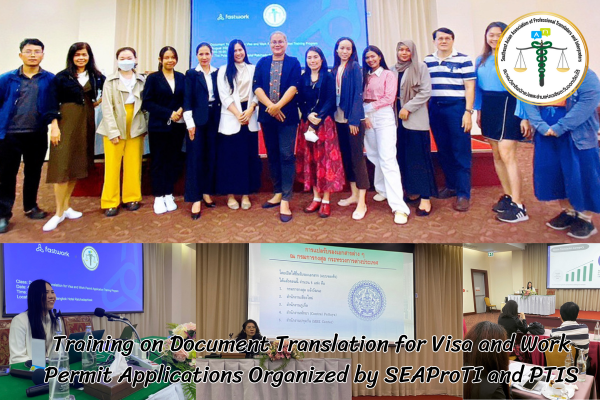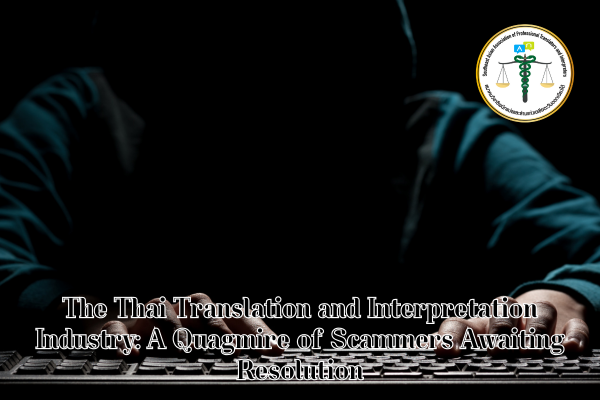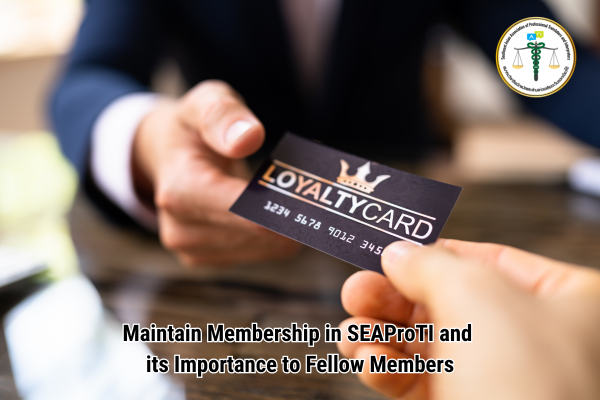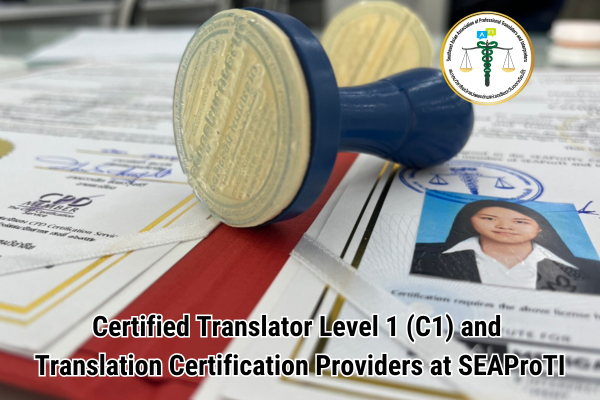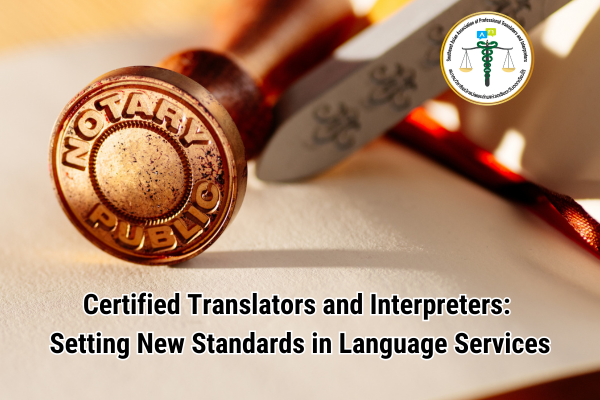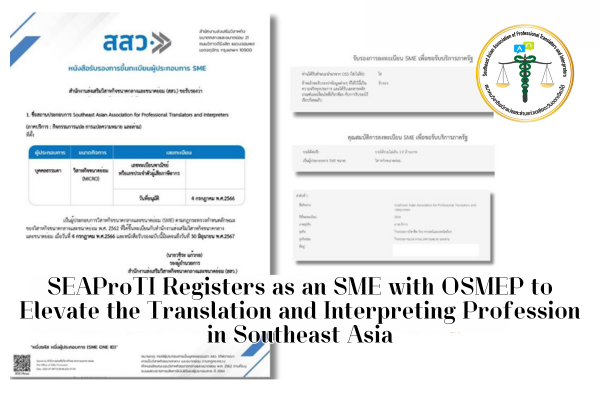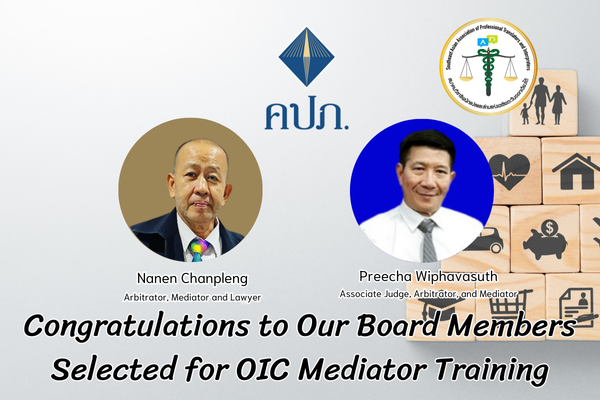Hotel Business in Thailand
30 January 2025, Bangkok – Starting a hotel business in Thailand is often a highly profitable venture; however, it is subject to stringent regulations. Those interested in entering the industry must carefully study and comply with relevant legal requirements.
Step 1: Business Registration and Ownership
Thai nationals can register any business entity permitted by law, but for foreigners, a private limited company is the most suitable form. The Foreign Business Act (FBA) restricts foreign ownership and operation of hotel businesses. Foreigners who wish to operate a hotel must obtain a Foreign Business License from the Department of Business Development before commencing operations.
However, if a limited company is majority-owned (at least 51%) by Thai nationals, it is classified as a Thai entity and is not subject to these restrictions. As a result, many foreign investors choose to partner with Thai citizens to meet this requirement.
In certain cases, foreigners may be exempt from some FBA restrictions. Hotels with at least 100 rooms or a minimum investment capital of 500 million baht may qualify for tax privileges granted by the Board of Investment (BOI). Additionally, depending on the location, the BOI may permit foreign majority ownership in certain promoted projects.
Under the Thai-U.S. Treaty of Amity, U.S. nationals and companies are allowed to hold a majority share in Thai companies operating a hotel business without being subject to the FBA restrictions.
Step 2: Licensing
Hotels with more than four rooms or the capacity to accommodate more than 20 guests must obtain a hotel business license from the Department of Provincial Administration if located in Bangkok, or from the Provincial Governor’s Office in other areas.
Hotels providing catering or restaurant services must obtain permits to sell food, liquor, and cigarettes. Additionally, hotels with entertainment facilities, such as pubs, clubs, bars, or spas, must obtain an entertainment license.
The Role of Certified Translators, Certified Translation Verifiers, and Certified Interpreters in Hotel Business Operations
The hotel business in Thailand often involves interactions with foreign nationals, necessitating legal documentation and agreements in multiple languages. Certified translators, certified translation verifiers, and certified interpreters from the Southeast Asia Professional Translators and Interpreters Association (SEAProTI) play a crucial role in ensuring smooth and legally compliant processes.
- Business Registration – When registering a company involving foreign investors, essential documents such as foreign business certificates, passports of shareholders, and investment agreements may need translation and certification to ensure legal validity in Thailand.
- Business Licensing – Hotels with foreign ownership must submit various documents, such as company articles of association, corporate bylaws, and employment contracts for executives. Some of these documents require certified translation and verification to comply with Thai regulations.
- Government Interactions – When applying for business licenses or fulfilling tax obligations, certified interpreters may be needed to facilitate communication between foreign business owners and government officials, especially during interviews or business plan presentations.
- Business Contracts – Hotels engaging with international partners for services such as supply chain agreements, investment deals, or employment contracts require translation and certification to ensure legal enforceability in both jurisdictions.
- Customer Service for Foreign Guests – Certified interpreters also contribute to the hospitality sector by assisting with communication between hotel staff and foreign guests, particularly in cases involving rare languages or legal matters, such as refund policies and accommodation agreements.
Conclusion
Operating a hotel business in Thailand involves complex legal and regulatory processes, particularly for foreign investors. However, by adhering to relevant laws and regulations and utilizing the expertise of certified translators, translation verifiers, and interpreters from SEAProTI, businesses can navigate these challenges effectively. This ensures a legally compliant, smooth, and successful hotel operation in Thailand.
SEAProTI’s certified translators, translation certification providers, and certified interpreters:
The Southeast Asian Association of Professional Translators and Interpreters (SEAProTI) has officially announced the criteria and qualifications for individuals to register as “Certified Translators,” “Translation Certification Providers,” and “Certified Interpreters” under the association’s regulations. These guidelines are detailed in Sections 9 and 10 of the Royal Thai Government Gazette, issued by the Secretariat of the Cabinet under the Office of the Prime Minister of the Kingdom of Thailand, dated July 25, 2024, Volume 141, Part 66 Ng, Page 100.
To read the full publication, visit: the Royal Thai Government Gazette
การดำเนินธุรกิจโรงแรมในประเทศไทย
30 มกราคม 2568, กรุงเทพมหานคร – การดำเนินธุรกิจโรงแรมในประเทศไทยถือเป็นโอกาสทางธุรกิจที่ให้ผลกำไรอย่างมาก อย่างไรก็ตาม ธุรกิจประเภทนี้อยู่ภายใต้ข้อบังคับและกฎหมายที่ค่อนข้างเข้มงวด ผู้ที่ต้องการเริ่มต้นธุรกิจโรงแรมจึงจำเป็นต้องศึกษาและปฏิบัติตามกฎหมายที่เกี่ยวข้องอย่างรอบคอบ
ขั้นตอนที่ 1: การจดทะเบียนธุรกิจและการถือกรรมสิทธิ์
สำหรับชาวไทย สามารถจดทะเบียนประกอบธุรกิจในรูปแบบใดก็ได้ตามที่กฎหมายกำหนด แต่สำหรับชาวต่างชาติ รูปแบบที่เหมาะสมที่สุดคือ บริษัทจำกัด เนื่องจากพระราชบัญญัติการประกอบธุรกิจของคนต่างด้าว (Foreign Business Act) ได้กำหนดข้อจำกัดในการเป็นเจ้าของและดำเนินธุรกิจโรงแรมของชาวต่างชาติ ชาวต่างชาติที่ต้องการดำเนินธุรกิจโรงแรมจะต้องขอใบอนุญาตประกอบธุรกิจของคนต่างด้าว (Foreign Business License) จากกรมพัฒนาธุรกิจการค้า ก่อนที่จะเริ่มดำเนินกิจการ
อย่างไรก็ตาม หากเป็นบริษัทจำกัดที่มีสัดส่วนการถือหุ้นของคนไทยไม่น้อยกว่า 51% จะถือเป็นนิติบุคคลไทยและไม่ได้รับผลกระทบจากข้อจำกัดดังกล่าว ดังนั้น หลายคนเลือกที่จะร่วมลงทุนกับหุ้นส่วนชาวไทยเพื่อให้เป็นไปตามเงื่อนไขของการเป็นบริษัทไทย
สำหรับบางกรณี ชาวต่างชาติอาจได้รับการยกเว้นจากข้อกำหนดบางประการของพระราชบัญญัติการประกอบธุรกิจของคนต่างด้าว เช่น โรงแรมที่มีจำนวนห้องพัก 100 ห้องขึ้นไป หรือมีเงินลงทุนไม่น้อยกว่า 500 ล้านบาท จะได้รับสิทธิประโยชน์ทางภาษีจากคณะกรรมการส่งเสริมการลงทุน (BOI) และในบางโครงการ ขึ้นอยู่กับสถานที่ตั้ง BOI อาจอนุญาตให้ชาวต่างชาติถือหุ้นข้างมากในธุรกิจโรงแรมได้เมื่อเห็นว่าเป็นประโยชน์ต่อเศรษฐกิจ
สำหรับพลเมืองสหรัฐอเมริกา ตามสนธิสัญญาทางไมตรีไทย-สหรัฐฯ (Thai-U.S. Treaty of Amity) พลเมืองอเมริกันสามารถถือหุ้นข้างมากในบริษัทที่ประกอบธุรกิจโรงแรมได้โดยไม่ต้องปฏิบัติตามข้อจำกัดของพระราชบัญญัติการประกอบธุรกิจของคนต่างด้าว
ขั้นตอนที่ 2: การขอใบอนุญาตประกอบธุรกิจ
โรงแรมที่มีจำนวนห้องพักมากกว่า 4 ห้อง หรือสามารถรองรับแขกได้มากกว่า 20 คน จะต้องขอใบอนุญาตประกอบธุรกิจโรงแรมจากกรมการปกครอง หากตั้งอยู่ในกรุงเทพมหานคร หรือจากสำนักงานผู้ว่าราชการจังหวัดในพื้นที่ที่ตั้งโรงแรม
หากโรงแรมมีบริการร้านอาหารหรือจัดเลี้ยง ต้องขอใบอนุญาตขายอาหาร เครื่องดื่มแอลกอฮอล์ และบุหรี่ นอกจากนี้ หากโรงแรมมีบริการสถานบันเทิง เช่น ผับ บาร์ ไนต์คลับ หรือสปา จะต้องขอใบอนุญาตประกอบกิจการสถานบันเทิงเพิ่มเติม
บทบาทของนักแปลรับรอง ผู้รับรองการแปล และล่ามรับรองในการดำเนินธุรกิจโรงแรม
ธุรกิจโรงแรมในประเทศไทยมักเกี่ยวข้องกับการติดต่อกับชาวต่างชาติ ซึ่งต้องมีเอกสารและสัญญาที่ถูกต้องตามกฎหมาย นักแปลรับรอง ผู้รับรองการแปล และล่ามรับรองของสมาคมวิชาชีพนักแปลและล่ามแห่งเอเชียตะวันออกเฉียงใต้ (SEAProTI) มีบทบาทสำคัญในการช่วยให้กระบวนการเหล่านี้ดำเนินไปอย่างราบรื่นและถูกต้องตามกฎหมาย
-
การจดทะเบียนบริษัท – เมื่อต้องการจดทะเบียนบริษัทที่มีชาวต่างชาติเป็นหุ้นส่วน เอกสารสำคัญหลายฉบับ เช่น หนังสือรับรองบริษัทจากต่างประเทศ หนังสือเดินทางของผู้ถือหุ้น หรือข้อตกลงการลงทุน อาจต้องได้รับการแปลและรับรองโดยนักแปลรับรองที่ได้รับอนุญาต เพื่อให้เอกสารมีผลทางกฎหมายในประเทศไทย
-
การขอใบอนุญาตประกอบธุรกิจ – โรงแรมที่มีเจ้าของหรือผู้ลงทุนเป็นชาวต่างชาติจำเป็นต้องจัดเตรียมเอกสารต่าง ๆ เช่น หนังสือบริคณห์สนธิ ข้อบังคับบริษัท หรือสัญญาจ้างงานของผู้บริหาร ซึ่งในบางกรณีอาจต้องแปลเป็นภาษาไทยหรือต่างประเทศและรับรองความถูกต้องโดยผู้รับรองการแปลที่มีคุณสมบัติตามที่กฎหมายกำหนด
-
การติดต่อกับหน่วยงานรัฐ – เมื่อต้องยื่นขอใบอนุญาตประกอบธุรกิจหรือดำเนินการด้านภาษี อาจต้องใช้ล่ามรับรองในการสื่อสารกับเจ้าหน้าที่ของรัฐ โดยเฉพาะอย่างยิ่งเมื่อต้องมีการสัมภาษณ์หรือนำเสนอแผนธุรกิจต่อคณะกรรมการที่เกี่ยวข้อง
-
การทำสัญญาทางธุรกิจ – โรงแรมที่ทำสัญญากับบริษัทต่างชาติ เช่น สัญญาการจัดหาบริการ สัญญาการลงทุน หรือสัญญาการจ้างงาน อาจต้องใช้บริการแปลและรับรองเอกสารเพื่อให้มีผลบังคับใช้ทางกฎหมายในทั้งสองประเทศ
-
การให้บริการลูกค้าต่างชาติ – ล่ามรับรองยังมีบทบาทในธุรกิจโรงแรมที่มีลูกค้าต่างชาติเป็นจำนวนมาก โดยช่วยให้การสื่อสารระหว่างพนักงานโรงแรมและแขกเป็นไปอย่างราบรื่น โดยเฉพาะอย่างยิ่งในกรณีของลูกค้าที่พูดภาษาหายาก หรือในสถานการณ์ที่ต้องมีการให้ข้อมูลทางกฎหมาย เช่น นโยบายการคืนเงินหรือข้อกำหนดเกี่ยวกับการเข้าพัก
สรุป
การดำเนินธุรกิจโรงแรมในประเทศไทยมีความซับซ้อนในด้านกฎหมายและการขออนุญาตประกอบธุรกิจ โดยเฉพาะอย่างยิ่งสำหรับชาวต่างชาติที่ต้องการลงทุนในภาคธุรกิจนี้ อย่างไรก็ตาม ด้วยการปฏิบัติตามกฎหมายและข้อกำหนดที่เกี่ยวข้องอย่างถูกต้อง รวมถึงการใช้บริการจากนักแปลรับรอง ผู้รับรองการแปล และล่ามรับรองของ SEAProTI ก็สามารถช่วยให้กระบวนการต่าง ๆ เป็นไปอย่างราบรื่นและถูกต้องตามกฎหมาย ทำให้ธุรกิจโรงแรมสามารถดำเนินกิจการได้อย่างมั่นคงและประสบความสำเร็จในประเทศไทย
เกี่ยวกับนักแปลรับรอง ผู้รับรองการแปล และล่ามรับรองของสมาคมวิชาชีพนักแปลและล่ามแห่งเอเชียตะวันออกเฉียงใต้
สมาคมวิชาชีพนักแปลและล่ามแห่งเอเชียตะวันออกเฉียงใต้ (SEAProTI) ได้ประกาศหลักเกณฑ์และคุณสมบัติผู้ที่ขึ้นทะเบียนเป็น “นักแปลรับรอง (Certified Translators) และผู้รับรองการแปล (Translation Certification Providers) และล่ามรับรอง (Certified Interpreters)” ของสมาคม หมวดที่ 9 และหมวดที่ 10 ในราชกิจจานุเบกษา ของสำนักเลขาธิการคณะรัฐมนตรี ในสำนักนายกรัฐมนตรี แห่งราชอาณาจักรไทย ลงวันที่ 25 ก.ค. 2567 เล่มที่ 141 ตอนที่ 66 ง หน้า 100 อ่านฉบับเต็มได้ที่: นักแปลรับรอง ผู้รับรองการแปล และล่ามรับรอง


